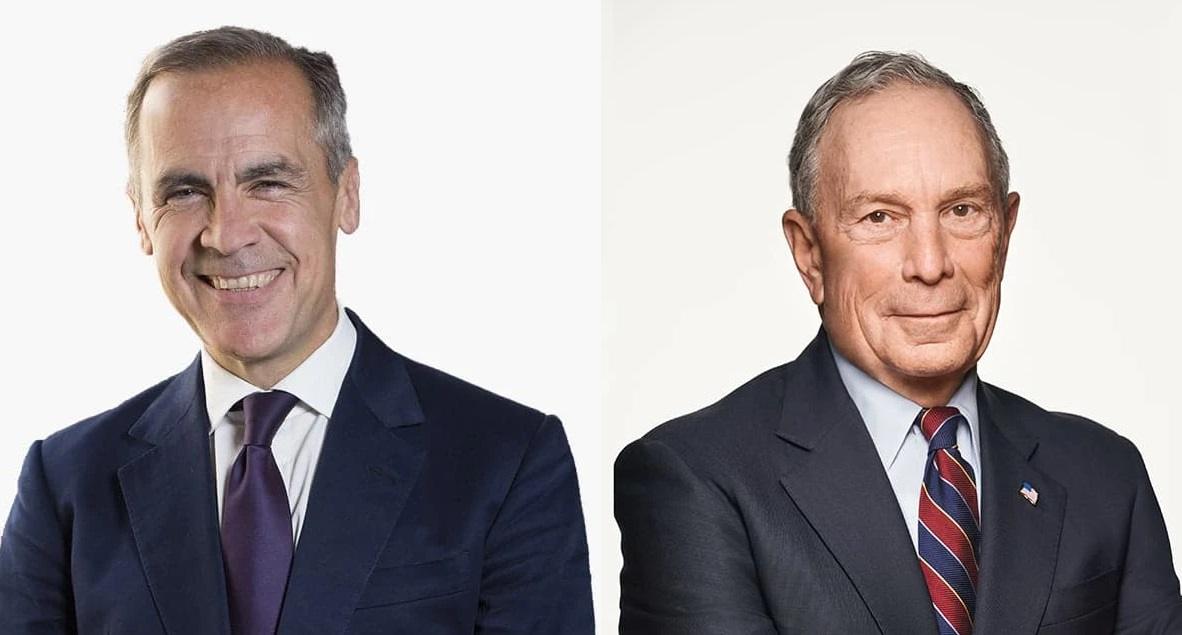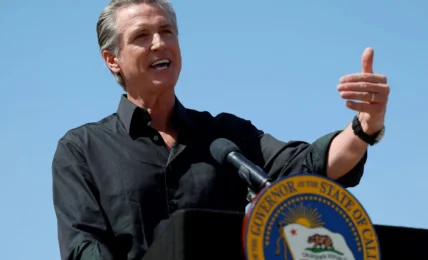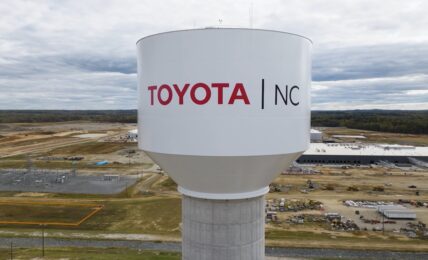
The Glasgow Financial Alliance for Net Zero (GFANZ), a UN-backed climate-focused multi-trillion dollar coalition of financial institutions, announced the launch of a significant restructuring, including a shift in focus towards enabling the mass mobilization of capital to support the low carbon transition, and opening participation widely even to firms not participating in its affiliated net zero coalitions.
The restructuring follows a series of high-profile departures from GFANZ-affiliated coalitions, including the exit of several of the largest U.S. banks – such as Citi, Bank of America and Goldman Sachs – from the Net Zero Banking Alliance (NZBA) in just the past few weeks.
Introduced in April 2021, and officially launched at the COP26 climate conference later that year, GFANZ brought together several leading net zero coalitions representing sectors across the financial industry creating an umbrella group of alliances including the NZBA, the Net Zero Asset Managers initiative (NZAM), Net Zero Asset Owner Alliance (NZAOA), Net Zero Financial Service Providers Alliance (NZFSPA), the Net Zero Investment Consultants Initiative (NZICI), the Paris Aligned Asset Owners (PAAO), the Venture Climate Alliance (VCA), and the Net-Zero Export Credit Agencies Alliance (NZECA).
GFANZ is led by co-chairs former Bank of England and Bank of Canada Governor Mark Carney, and Bloomberg LP founder Michael Bloomberg, and Vice Chair Mary Schapiro, formerly Chair of the U.S. SEC.
Membership in the coalitions typically involves a commitment to a net zero goal, such as the NZAM commitment to set targets for assets under management to be aligned with net zero emissions by 2050, and the NZBA commitment to transition greenhouse gas emissions in lending and investment portfolios to align with pathways to net zero by 2050.
After rapid expansion in the early years following the launch of GFANZ, members of the various groups have come under significant pressure, particularly from Republican politicians in the U.S., who have been warning financial institutions including banks, insurers, asset owners and investors of potential legal violations from their participation in climate-focused alliances and of plans to exclude the companies from state business, as part of a broader anti-ESG political campaign.
Several of the groups have seen high-profile departures over the past several months, with one of the coalitions, the Net Zero Insurance Alliance (NZIA), even disbanding in 2024 following a string of exits.
Among the key changes announced by GFANZ is a shift from participation in the group through one of the net zero coalitions, instead opening it up to “any financial institution working to mobilize capital and lower the barriers to financing energy transition.” In addition to widening the scope of direct participation, the change effectively eliminates a need for participants to have a net zero finance or investment commitment in place.
In a statement provided to ESG Today, a GFANZ spokesperson said:
“Following the changes announced this week, GFANZ will work with firms that support the aim of mobilising capital for the transition. Membership in one of the sector alliances is not required to participate.”
In its announcement, GFANZ said that the changes follow the achievement of the groups “initial goal of developing the building blocks of a financial system capable of financing the transition to net zero,” including through its initiatives to support increased climate-related disclosure, the development of climate transition plans, and to help de-risk private investment into emerging markets and developing countries (EMDCs).
Going forward, GFANZ said that it will now turn its attention towards addressing barriers to the mobilization of capital to finance the transition to net zero, noting in particular “the more than $5 trillion a year opportunity created by countries modernizing their energy systems and putting economies onto a low-carbon path in the next decade,” especially in EMDCs. GFANZ said that it will concentrate on the mobilization of finance through public-private partnerships to help ensure private finance can participate “alongside governments, multilateral development banks (MDBs), and other development partners.” Additional areas of focus will include working with MDBs on new tools to mobilize private finance at scale, supporting the Industrial Transition Accelerator – an initiative aimed at accelerating decarbonization in heavy-emitting industries – and scaling of high-integrity voluntary carbon markets by helping to remove barriers to private sector investment.
The GFANZ spokesperson added that the group’s “GFANZ’s strategic direction will continue to be set by the Principals Group, which is made up of select CEOs from major firms.” GFANZ’s website lists 26 members of the Principals Group, including from firms that have exited its net zero coalitions, such as Citi CEO Jane Fraser, and Bank of America CEO Brian Moynihan.
In its statement announcing the changes, the GFANZ Secretariat said:
“Overcoming barriers to mobilizing capital at the scale and speed required to achieve net zero is urgent and achievable. GFANZ is steadfast in its commitment to supporting financial institutions worldwide in addressing these challenges and seizing the opportunities of this pivotal moment.”



